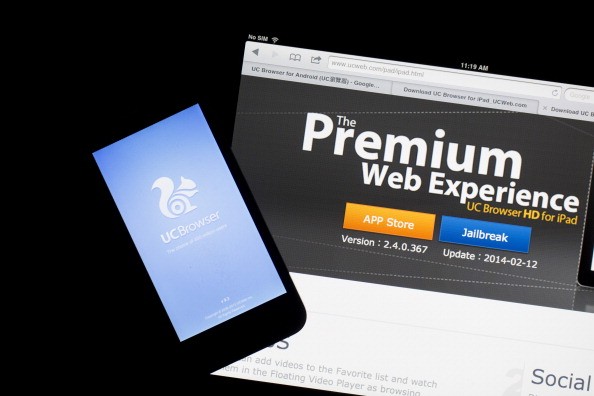UCWeb, a mobile business unit of Alibaba Group, hope to overtake Internet giants Facebook and Google with regards to content aggregation by offering monetary rewards to users if they contribute self-created content on its platform.
Jack Huang, the president of Alibaba mobile business overseas, said: “User aspect plays a key role in the company and the entire ecosystem. Our user base is close to Google and Facebook in Asia and is growing at a fast pace."
UCWeb has recently launched a digital content program that enables users to earn money. If the user has contributed self-created content, UCWeb provides of 300 Yuan bonus. This is similar to Blogger, a similar self-publishing platform that is being offered by Google.
The company feels that a recommendation-driven approach is booming in China. It is expected that with the trend's consume-centric strategy, it will spread across Asia.
Huang said that there is no available business model that will enable users to make money.
The company offers an Internet browser and search services firm before. It was acquired by Alibaba in June 2014 in the belief to end consumers being the core to its overall strategy to bridge the gap with its Silicon Valley rivals. It currently has more than 100 million active users in India, competing with Facebook's 160 million active monthly users in the country.
China currently has 600 million smartphone users, 20 million of which are online content creators. Although India currently has 371 million smartphone users, very few of them make a contribution as self-publishers.
Having said, Alibaba's Internet arm believes that the content ecosystem is bigger in India as compared to other countries. Huang stated that the company has some 'bigger plans' for the country after an initial investment pledge of Rs 120 crore.
“Everything, including startup segment, is like an open window for us and we have confidence in the Indian market,” Huang added.



























